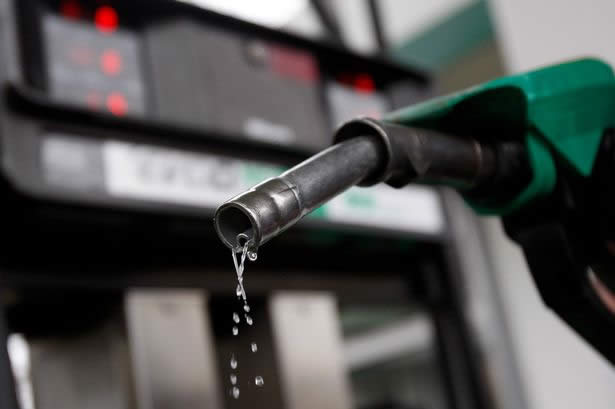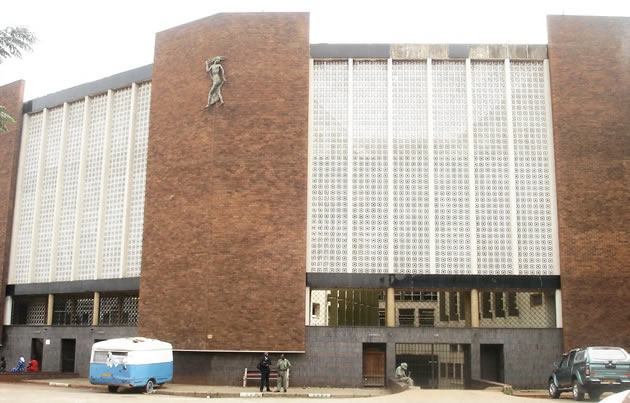EDITORIAL COMMENT: Find lasting solution to ethanol shortages

 New Energy and Power Development Minister Samuel Undenge moved fast this week to avert a petrol shortage when he reduced the mandatory percentage of ethanol in blended petrol from 15 percent to 5 percent, allowing the oil companies to continue selling fuel even though there is not enough ethanol available at the moment.
New Energy and Power Development Minister Samuel Undenge moved fast this week to avert a petrol shortage when he reduced the mandatory percentage of ethanol in blended petrol from 15 percent to 5 percent, allowing the oil companies to continue selling fuel even though there is not enough ethanol available at the moment.
The move is purely temporary and once enough ethanol is hitting the market to bring the blend back to 15 percent ethanol then the ratio will be adjusted upwards.
Importers had enough petrol to meet demand, but Zimbabwe was about to run short because no one is legally allowed to sell petrol without the mandatory percentage of ethanol and if there is not enough ethanol then the imported petrol just has to stay in tanks until there is.
The minister stopped that happening. Now he needs to see what can be done to avoid emergency changes in the blend ratio in future.
Heavy rains have waterlogged cane fields in the Lowveld, so a lot of the cane cannot be harvested; as a result the ethanol plant at Chisumbanje was operating well below capacity, and so ethanol was in short supply.
There are minimal stocks of this critical ingredient in Zimbabwe’s fuel mix, and this has been highlighted as the critical factor.
Fields can become waterlogged when it rains heavily, as it sometimes does in the rainy season, even in the Lowveld. So it would make sense to build up stocks of ethanol before the rains so only really serious weather changes would affect supplies.
This would allow all four advantages that Zimbabwe wins from blending petrol with ethanol.
First it cuts our imports, something very useful and necessary, considering our appalling balance of payments which, since we use foreign currencies at home, sees quite a bit of our wealth disappearing over the border.
Secondly, it reduces the price of petrol. Although crude oil prices have been tumbling recently, these will have only a small effect on our petrol prices.
The refining costs, transport costs and taxes are based on volumes, not crude prices, and these three are constant and form the bulk of the final cost to the consumer.
Ethanol is cheaper than refined petrol in Zimbabwe.
Thirdly, it allows Zimbabwe to reduce its carbon footprint.
Burning ethanol produces carbon dioxide, but growing cane absorbs carbon. The recycling is far from perfect, but there is a significant cut in net carbon emissions.
Finally, and socially the most important, thousands of families earn their living in the Lowveld growing cane on smallholdings.
Reducing demand for cane by cutting ethanol percentages cuts the income of these farming families. If there were adequate reserve stocks they could sell more cane before the rains and their annual income would not be affected, although income payments would be less regular.
There was a lot of resistance to increasing the ethanol percentage, with wild warnings of what would happen. Well, nothing did happen. Zimbabwean drivers of petrol cars have not noticed any change.
The minister made it clear that he was making the change simply to avoid shortages of fuel in service stations and would push the percentage back up once farmers could get into their fields and harvest cane.
We do not think that it would be that expensive to stockpile ethanol, especially in the quantities required for blend. A lot of storage was put in place at one stage for petroleum fuels and it would seem sensible to use some of this for ethanol.
If necessary and there is not much spare space because petrol is being stocked, then that fuel could be stockpiled ready blended.
No doubt the new minister, finding this mess on his desk as he took over, will be pressing his experts to come up with solutions.
He did the right thing by making the temporary changes to the blend percentage.
Now he needs to have his ministry, the supplies and the ethanol producers figure out something more permanent.









Comments